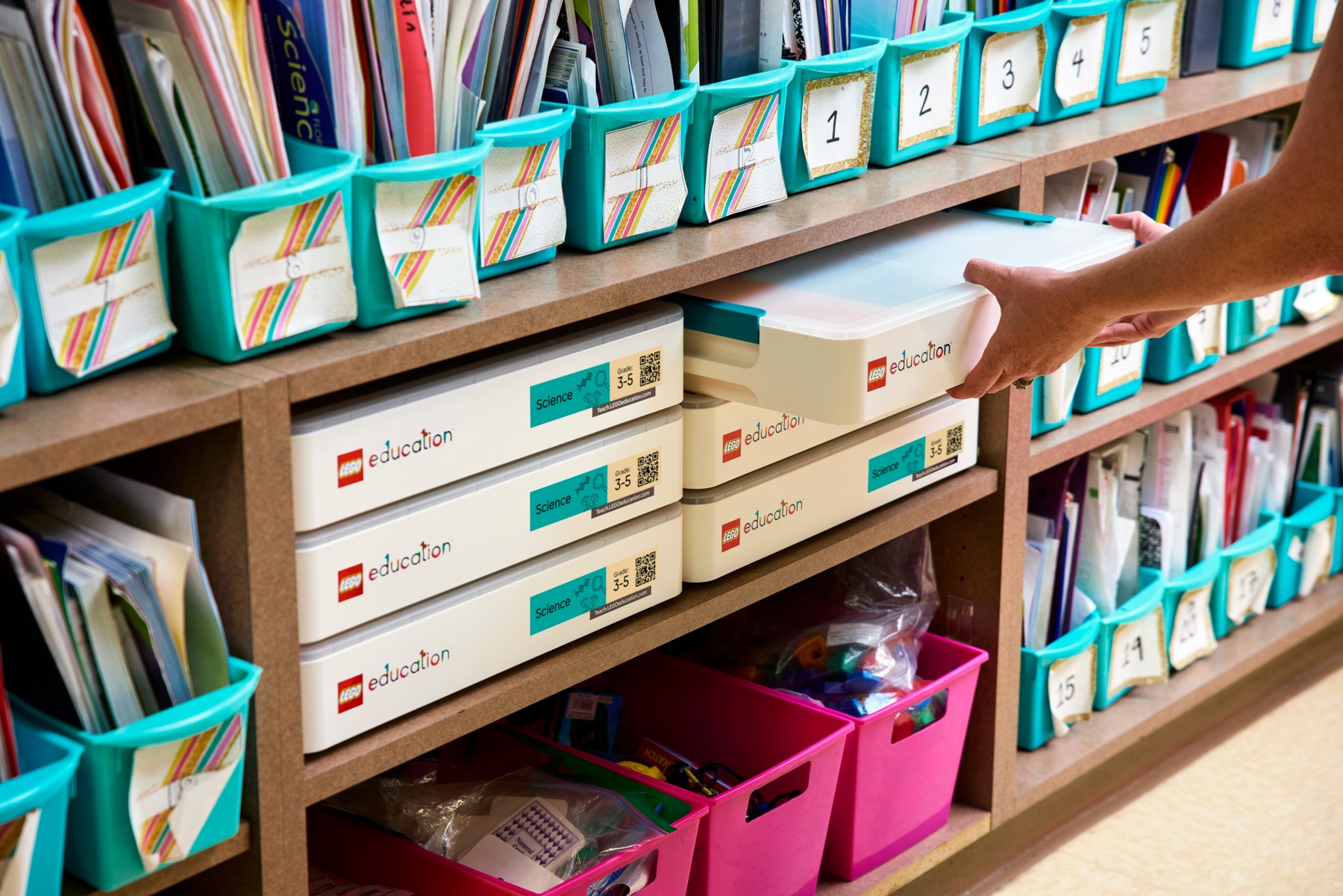Maryland State Funding
Robotics Grant Program FY 2026

Eligibility
- Maryland public schools
- Nonprofit organizations partnering with Maryland public schools
- For nonprofits: at least 51% of participants must be public school students
Goals
- Expand access to robotics programs across Maryland
- Provide high-quality STEM education aligned with Maryland K–12 Computer Science Standards and/or Standards for Technological and Engineering Literacy
- Build pathways to Career and Technical Education (CTE) programs and 21st-century workforce readiness
Application Due Date
- August 15, 2025, by 5:00 PM EDT
Grant Cycle
- July 1, 2025 – June 30, 2026
Grant Award Total Amount
- Total available: $350,000
- Individual awards: $5,000–$20,000
- Estimated number of awards: 35
Allowable Purchases
- Robotics kits that allow students to build and program robotic devices.
- SPIKE™ Essential & Prime are fully aligned as student-designed, programmable robotics kits that promote collaboration, critical thinking, and creativity.
- Transportation and lodging for students and advisors attending LEGO robotics competitions or showcase events
- Competition registration or team membership fees for programs like FIRST® LEGO League that directly align with LEGO Education platforms
Program Implementation Requirements
- Programs may be in-school or extracurricular
- Must include measurable S.M.A.R.T.I.E. goals, strategies, benchmarks, and outcomes
- Strong preference for programs aligned with CTE/STEM pathways and equity-focused recruitment
- Quarterly progress reports and a final evaluation report are required
Keep in Mind
- Strong alignment with Maryland K–12 Computer Science Standards and/or Standards for Technological is essential
- Proposals should clearly demonstrate how robotics activities (such as those using LEGO® Education SPIKE™ Essential or Prime) support grade-level curriculum and STEM integration
- Programs that build student pathways into CTE and STEM fields are prioritized
- Include measurable S.M.A.R.T.I.E. goals and clear benchmarks for implementation
- Focus on expanding access for underrepresented student populations, including strategies for equitable recruitment
- Nonprofits must validate that 51% or more of participants are public school students
- Nonprofit funds are reimbursement-based—ensure upfront funding capacity
- Quarterly progress reports and a final evaluation are required for all organizations